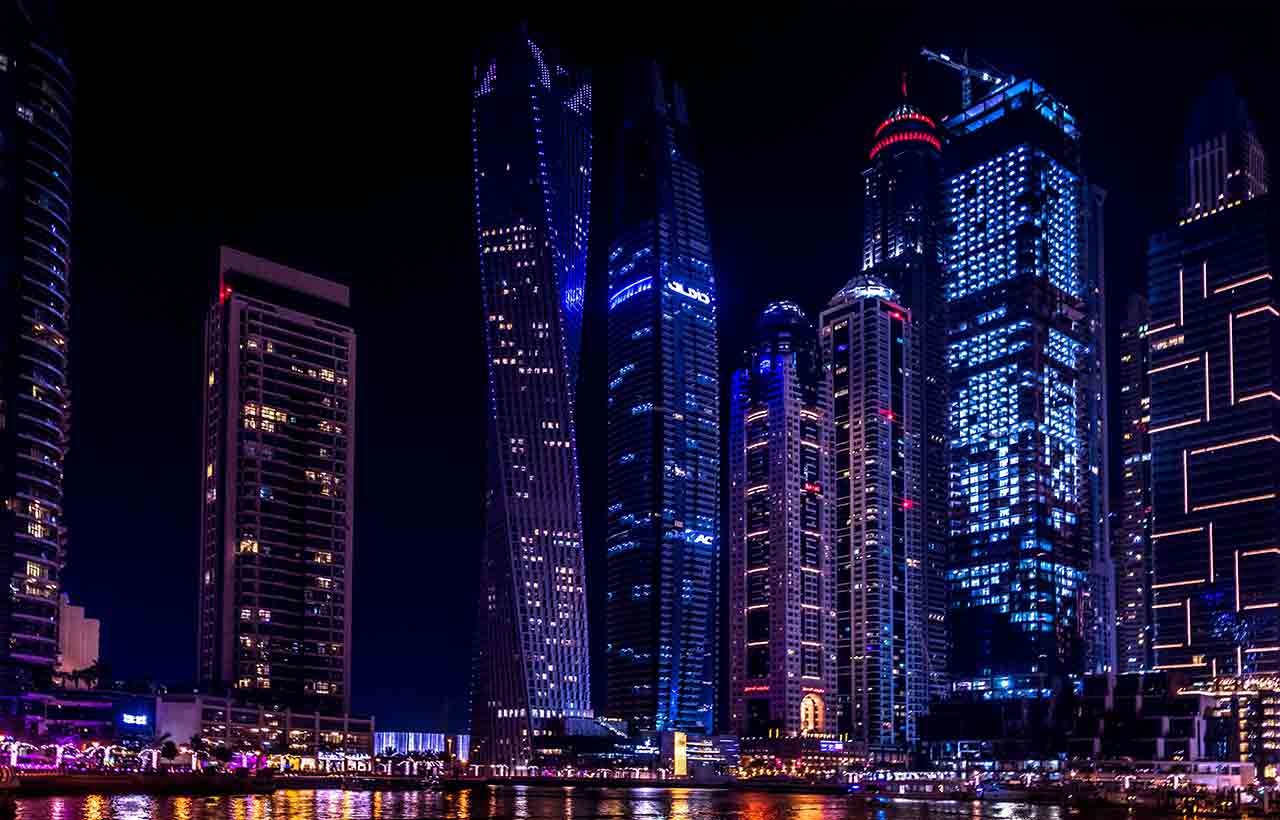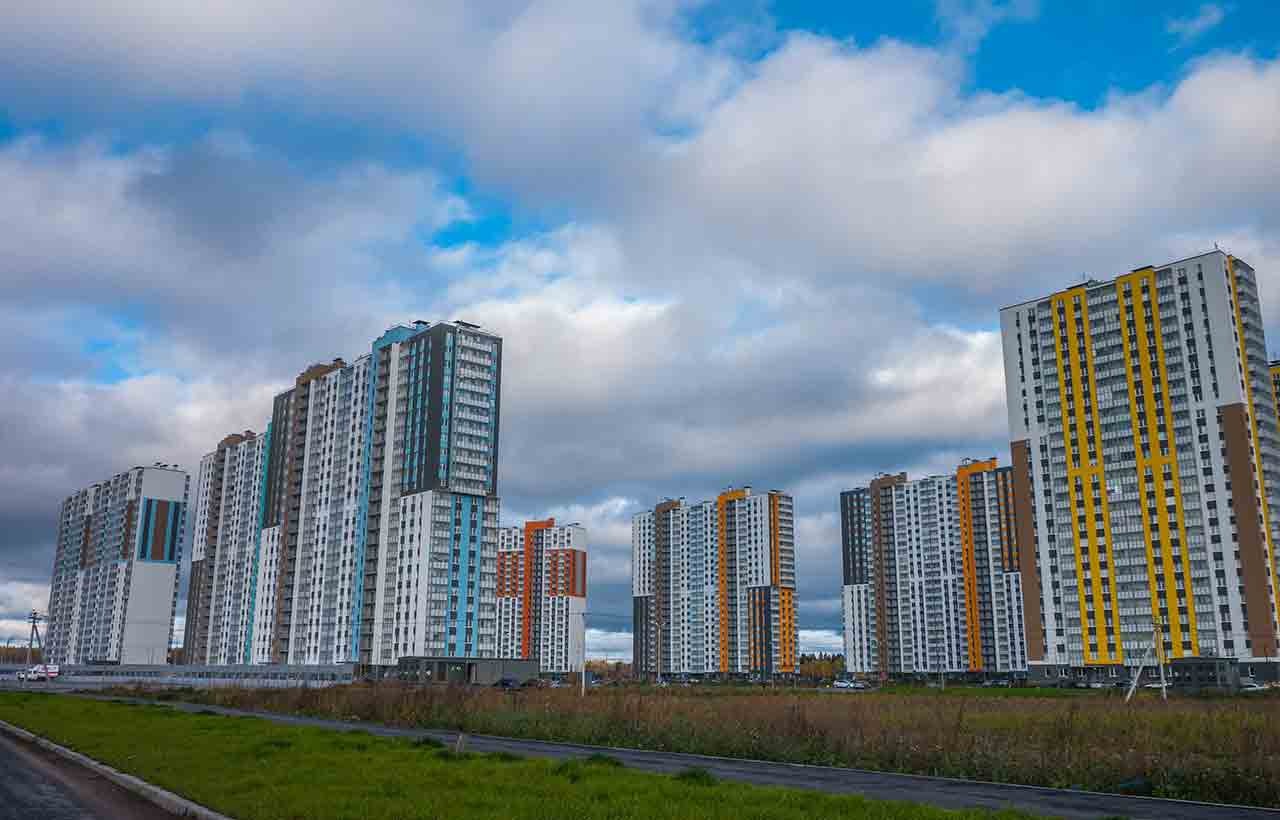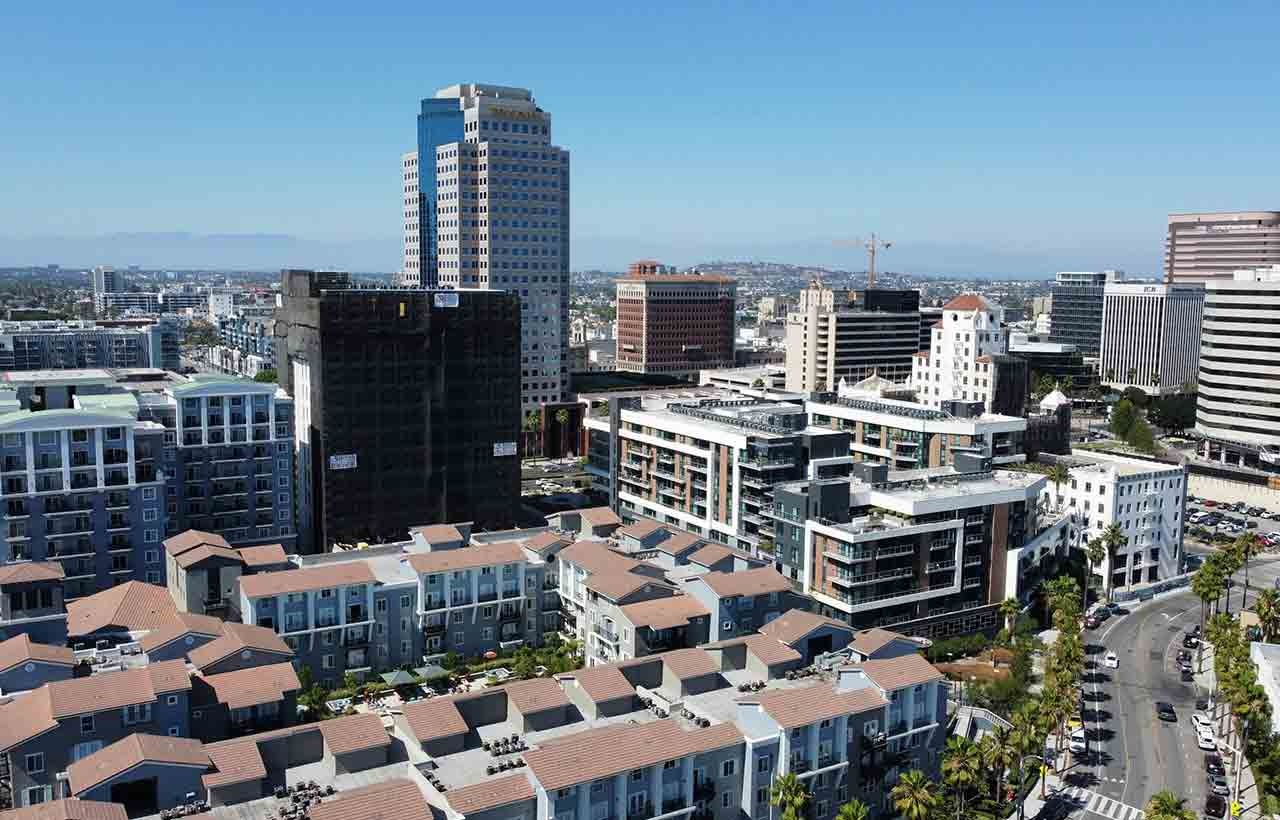Real Estate in India Soaring High- Here’s the Trajectory
- December 9, 2023
- By: Yukti Kasera
- NEWS
 With 2023 almost about to end, those involved in the Indian real estate market trends have more to celebrate this year than just the festive spirit. What has sustained the growing pace in the nation's second-largest employment sector during a period when geopolitical tension is having a crippling effect on economies around the world?
With 2023 almost about to end, those involved in the Indian real estate market trends have more to celebrate this year than just the festive spirit. What has sustained the growing pace in the nation's second-largest employment sector during a period when geopolitical tension is having a crippling effect on economies around the world?
The trajectory of the Indian real estate market in 2023 is really spectacular. Despite global instability and shifting economic conditions, the industry has proven to be surprisingly resilient. This comeback story has been made possible in large part by a number of supportive government initiatives. In addition to giving the real estate market greater energy, supportive measures have also increased the sector's appeal to buyers and investors.
It is commendable that the RBI decided to maintain stable interest rates. This action has significantly improved the sector's sentiment in addition to creating a stable economic climate. It also emphasizes the Central Bank's dedication to sustainability and economic recovery.
 Price patterns in India's largest cities during the first half of 2023 tell a remarkable story, coinciding with a peak in housing demand. Gurugram is at the top of the list, with a price increase of 12% year over year. However, growth in places like Chennai and Mumbai has been more subdued, at 3%. The average price increase for the top eight cities is 6%, which confirms the persistent appeal of investing in large urban centers.
Price patterns in India's largest cities during the first half of 2023 tell a remarkable story, coinciding with a peak in housing demand. Gurugram is at the top of the list, with a price increase of 12% year over year. However, growth in places like Chennai and Mumbai has been more subdued, at 3%. The average price increase for the top eight cities is 6%, which confirms the persistent appeal of investing in large urban centers.
Furthermore, Hyderabad and Pune continue to grow steadily at a rate of 5% and 3%, respectively, and Kolkata continues to be a reliable performer with a 6% price increase. These patterns show how price sensitivity affects investment decisions, demand-supply dynamics, and regional differences.
As per the real estate market analysis, the increasing demand for properties with a ticket size of Rs 1 crore and above reflects the trend in India towards larger and better homes. This segment's market share increased to 24% in 2023 from 16% in the 2019 pre-pandemic period. In this category, Mumbai has been a dominant player, accounting for almost half of sales. Cities like Pune and Hyderabad have seen notable growth in this segment as well. Significantly, developing areas like Noida and Faridabad are now entering the premium market, drawing well-known builders and expanding the market for upscale real estate and also the real estate sector companies in India.
 Even though the real estate market is expanding, outside variables like geopolitical unrest and worldwide economic downturns do pose a threat. It's important to keep in mind that extended up-and-down cycles are nothing new for the industry. After a downturn that started in 2013 and ended around 2021, the industry is now expected to continue expanding. Nonetheless, keeping a close eye on outside variables is essential for making wise investment choices.
Even though the real estate market is expanding, outside variables like geopolitical unrest and worldwide economic downturns do pose a threat. It's important to keep in mind that extended up-and-down cycles are nothing new for the industry. After a downturn that started in 2013 and ended around 2021, the industry is now expected to continue expanding. Nonetheless, keeping a close eye on outside variables is essential for making wise investment choices.
The rise of Tier-2 cities is an interesting development in the Indian real estate market. Cities like Indore, Jaipur, and Lucknow have become popular choices for potential homebuyers. The pandemic hastened this shift by spurring an increase in online property searches in addition to hastening the adoption of digital technology. Tier-2 cities are currently moving into a new stage of development, and there is a noticeable increase in the number of online property searches in places like Chandigarh, Ahmedabad, Pune, and Lucknow.
Significantly large investments will determine the direction of the real estate market growth in India. The industry is growing overall because of these investments, which are spurring innovation in sustainable housing solutions and construction technologies.
The Indian real estate market is a representation of opportunity, resiliency, and hope. The current era of exceptional growth in high-end real estate has been made possible by the combination of favorable policies and increased affordability.
Stay updated with the latest trends and developments in architecture, design, home decor, construction technology, and building materials through Building Material Reporter.








